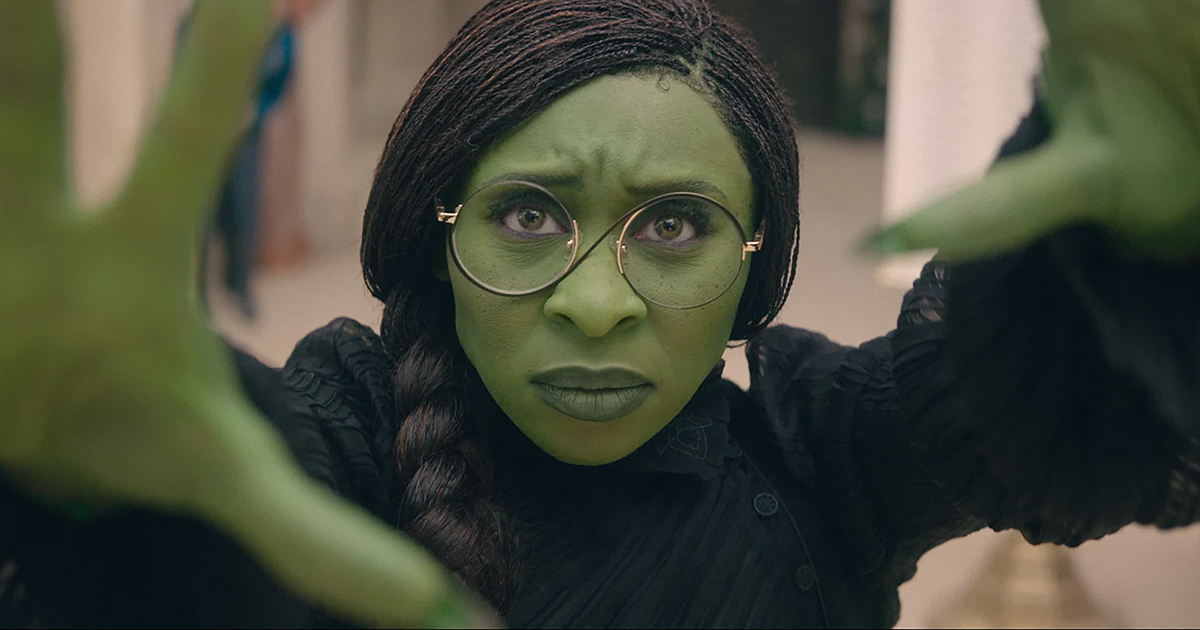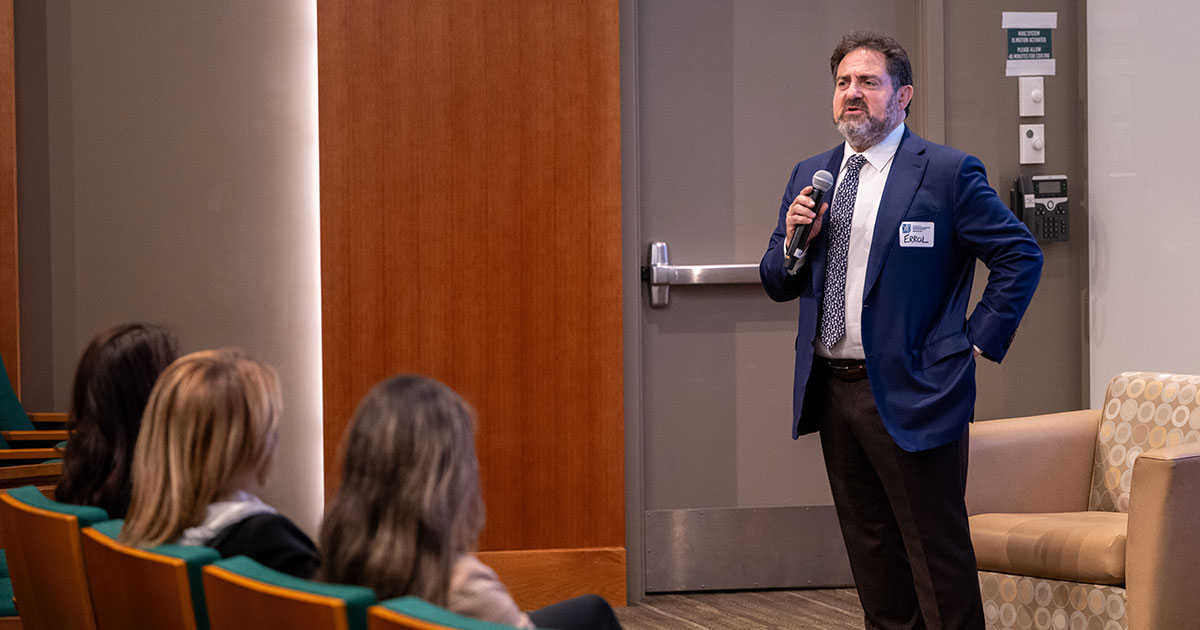Wicked Entrepreneurial? Startup Lessons from the Witch of the West

As audiences flock to the much-anticipated film adaptation of Wicked this holiday weekend, the vibrant remake offers entrepreneurial lessons embedded in the story of Elphaba, the misunderstood Wicked Witch of the West, observes Babson Associate Professor Beth Wynstra.
From Elphaba’s defiance of societal norms to her unwavering resilience in the face of adversity, the wicked witch embodies key qualities that resonate deeply with successful entrepreneurs.
“I think there’s something incredibly entrepreneurial about Elphaba,” says Wynstra. “She refuses to conform to others’ expectations. That boldness—to challenge the status quo and envision a different future—is central to both entrepreneurship and Elphaba’s journey.”
Wicked nabbed the top spot at the box office in North America in its debut with roughly $95 million in sales, making the movie the third-highest opener for the year. Wynstra, who is also the founding Artistic Director of BabsonARTS’ The Empty Space Theater, discusses themes surrounding Wicked both in the classroom and the theater.
A Fresh Perspective
Known for generations as the iconic broom-riding villain from the 1939 film The Wizard of Oz, Elphaba is reimagined in Wicked as a complex, courageous figure navigating societal rejection and personal challenges. Wynstra sees this narrative shift as a valuable lesson in questioning dominant ideas—a skill she emphasizes in her classes at Babson, where she teaches Dramatic Literature, Theater History, Acting, and Public Speaking.

“Wicked invites us to rethink everything we know about Elphaba and the labels we place on others,” says Wynstra. “For entrepreneurs, this same rethinking is vital. Innovation requires breaking free from conventional narratives and crafting something entirely new.”
As Wynstra points out, Wicked’s creators, including Stephen Schwartz and Winnie Holzman, took a significant risk when they chose to reimagine the beloved Wizard of Oz story. But the innovative move has paid off, resonating with audiences of all ages.
“The creators of Wicked redefined what it meant to be ‘wicked,’ just as entrepreneurs redefine what’s possible in the business world,” says Wynstra. “Both require resilience in the face of criticism and the willingness to stand firm in one’s vision, even when the world doesn’t yet understand it.”
Failure Is Not the End
Elphaba’s journey is also a lesson in persistence. Throughout Wicked, she faces numerous obstacles—misunderstanding, betrayal, and societal rejection. Yet, she remains steadfast in her beliefs and her mission to create a better world. For entrepreneurs, this resilience is a key to success. Like Elphaba, they must be willing to face setbacks, learn from failure, and continue forward with a renewed sense of purpose.
Wynstra highlights Elphaba’s resilience as a key entrepreneurial trait. Failure is not an endpoint but instead an opportunity for growth. Whether it’s launching a new venture or confronting a personal setback, the ability to persevere is crucial to entrepreneurial success.
“Our students face challenges just like Elphaba,” Wynstra explains. “But they understand that failure is not the end. It’s part of the process. What matters is getting back up and moving forward.”
As audiences embrace Wicked’s message of defying expectations, its lessons on courage and perseverance resonate far beyond the stage—offering inspiration for entrepreneurs daring to chart their own paths.




